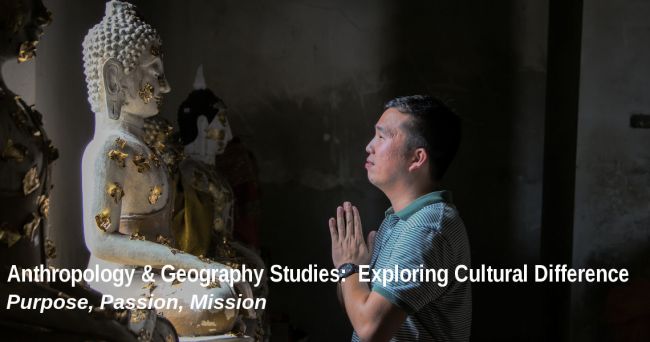DEPARTMENT OF CRIMINAL INVESTIGATION & FORENSICS
Explore Criminal Investigation & Forensics
Academic Programs
Dual Enrollment Academies
- None at this time
Certificate Programs
Associate Certificate programs
- None at this time
Undergraduate Certificate programs
Degree Programs
Associate Degrees
- None at this time
Bachelor Completion Degrees
Bachelor 2+2 Degrees
Masters Degrees
Doctoral Degrees
- None at this time
Course Descriptions
Undergraduate Courses
Graduate Courses
Resources
Contact
- Still Have Questions?
- Contact Admissions
Calendar

About the Department
The Department of Criminal Investigation & Forensics blends a passion for the great commission and the skills to understand peoples of diverse ethnic, racial, religious, linguistic, and socioeconomic backgrounds. Courses in anthropology and geography lead the student to use cross-cultural and ethnographic approaches in order to understand how cultures work. Experienced and highly-trained faculty from around the globe guide the student to apply anthropological knowledge in the mission of God.
Areas of Study
The Department of Criminal Investigation & Forensics offers undergraduate and graduate degrees in a variety of areas including:
- Anthropology studies: prepares students to serve in research, community development, teaching, faith-based outreach, and other fields which require an understanding of human diversity and what it means to be a social being.
- Anthropology of religion: prepares students to engage peoples and groups in contexts with diverse religious belief systems and thoughts.
- Cultural geography of religion: prepares students to evaluate the impact of place on the development of localized socioreligious cultural groups
- Folk Studies -- prepares students to serve in folk cultures around the globe
Learning Outcomes
Students who successfully complete the programs in the Department of Criminal Investigation & Forensics are able to do the following:
- Articulate a Biblically based and holistic perspective on human diversity
- Understand how culture, including social institutions such as religious backgrounds and perspectives, profoundly shapes human behavior, thoughts, and practices
- Be able to differentiate what aspect of human behavior is shaped by culture and what is determined by nature
- Apply anthropological perspectives, approaches, and knowledge in ways that enhance understanding of the richness and complexity of human groups and traditions as God’s creations
- Understand and appreciate the range of human socio-cultural diversity, and illuminate what explains the similarities and the differences that we find between human cultures
- Use quantitative and qualitative research methods, including ethnographic fieldwork, community-based needs assessment, interviewing, focus groups, applied archaeology, and social documentation to address long-term needs of people in various social and cultural contexts
- Understand theories, concepts and methods of anthropology/sociology of religion and explain their relevance to Christian beliefs and experiences
- Articulate how faith integrates with the students' approach to service among people of other cultural and religious backgrounds
- Have anthropological/sociological understandings of the major world religions and examine them in terms of possible opportunities for Christian mission
- Have enhanced general skills, such as problem solving and critical thinking skills
- Be ready for careers in in ministry and public services in a cross cultural context
